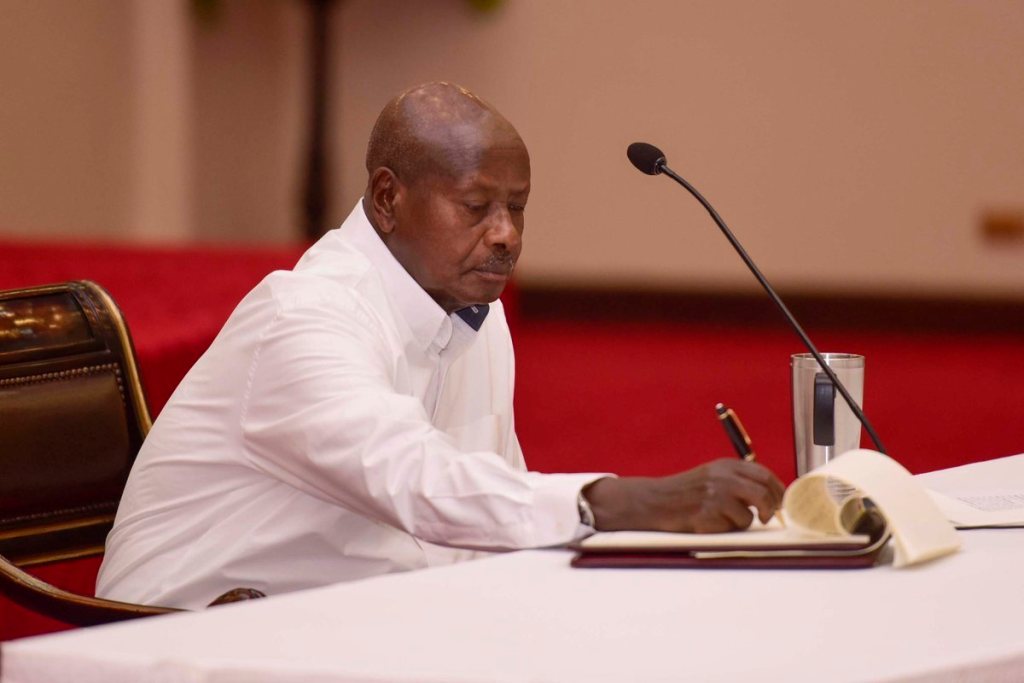Tanzania is witnessing an unprecedented rise in female political participation as the country heads toward the 2025 General Election, with a record number of women contesting for top leadership seats, including parliamentary, governorship, and even presidential races.
According to the National Electoral Commission (NEC), women now account for nearly 40% of all registered candidates — a historic milestone in the nation’s democratic journey. This surge reflects years of advocacy by gender equality movements and government-backed initiatives aimed at empowering women in politics.
Observers note that this year’s elections could reshape Tanzania’s political landscape, with more women expected to hold positions of influence than ever before.
“Women are no longer waiting to be appointed. They are stepping forward to compete and lead at the highest levels,” said Dr. Asha Mwaituka, a gender and governance expert. “This election is proof that gender parity is slowly becoming a political reality in Tanzania.”
Civil society organizations such as WiLDAF and TGNP have also been actively training and mentoring aspiring female leaders, focusing on campaign strategy, public speaking, and voter engagement.
The ruling party CCM has endorsed several women candidates in key constituencies, while opposition parties CHADEMA and ACT-Wazalendo have also fielded strong female contenders, signaling a growing cross-party recognition of the need for gender-balanced leadership.
Analysts say the economic and social issues driving this election — including youth unemployment, healthcare access, and climate change — could work in favor of female candidates, who are often seen as champions of community-centered development.
International observers, including the African Union, have hailed the development as a step toward fulfilling regional commitments under the African Union’s Agenda 2063, which calls for 50-50 gender representation in leadership by mid-century.
Voter turnout is expected to be high, particularly among young women, who make up over half of Tanzania’s registered voters this year.
Political commentators believe that the results of the October election could set a precedent for the entire East African region, encouraging more women to seek leadership roles.



